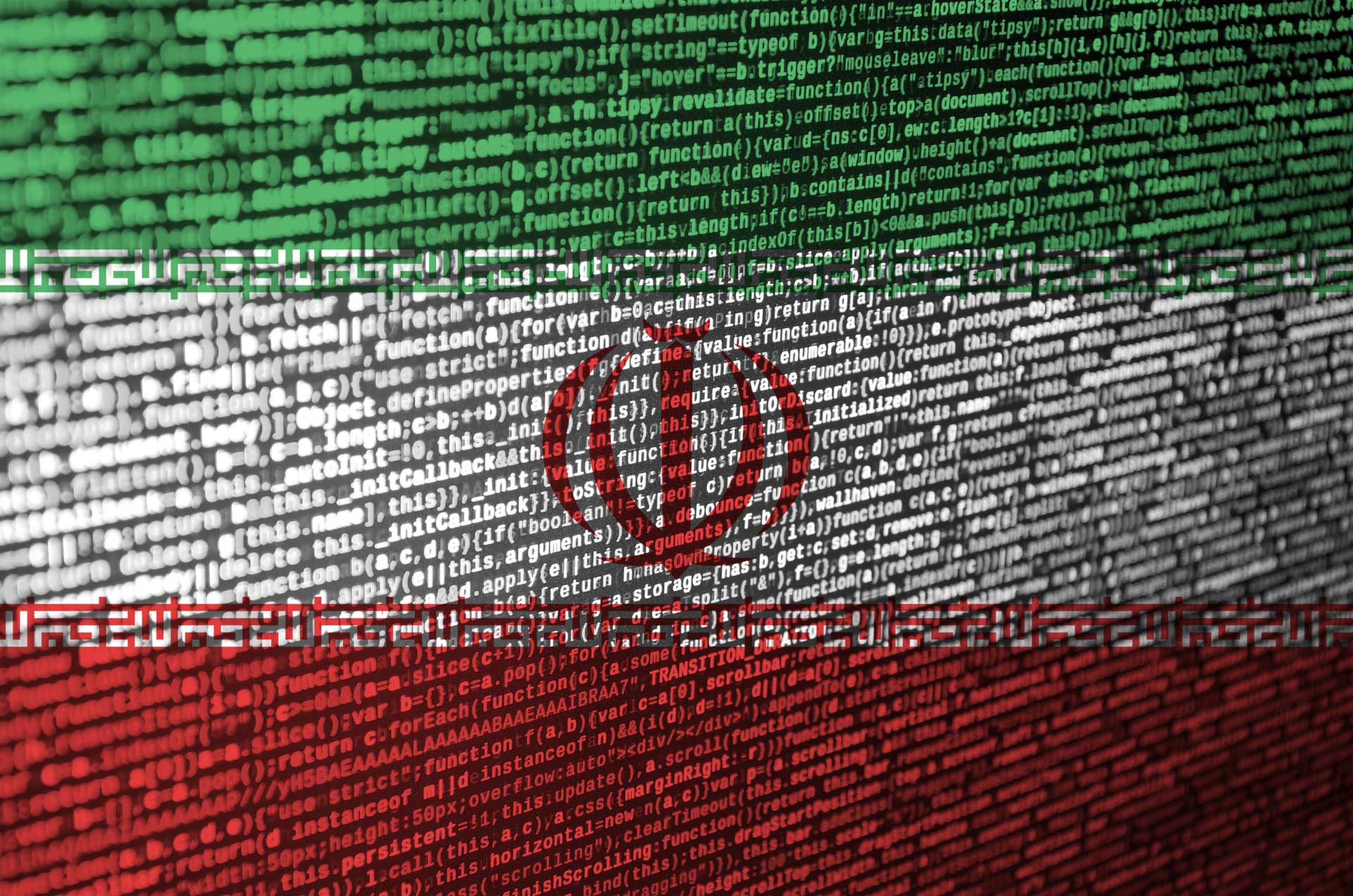
The news of an Iran cyberattack on key UK infrastructure before Christmas has failed to surprise cybersecurity experts, who see it as further evidence of the online world becoming the attack vector of choice for hostile nation states.
The cyberattacks, which occurred on 23 December, consisted of a coordinated attack on local government networks and the Post Office, as well as a number of companies in the private sector, including banks.

Access deeper industry intelligence
Experience unmatched clarity with a single platform that combines unique data, AI, and human expertise.
The Iran cyberattacks included the theft of personal details belonging to thousands of employees, including Paula Vennells, the chief executive of the Post Office.
Iran cyberattack shows nation state attacks are the new normal
The Iran cyberattack is the latest in a string of nation state-led attacks, which are often designed to target critical national infrastructure.
“Political disruption provides a fertile ground for cyberattacks against government, non-government and international organisations, meaning it’s hardly surprising malicious actors in Iran have mounted an attack against the UK,” commented Darren Anstee, CTO of NETSCOUT.
“Cyberspace has become the new frontier and this assault marks the latest in a worrying line of nation state attacks by malicious cyber actors.

US Tariffs are shifting - will you react or anticipate?
Don’t let policy changes catch you off guard. Stay proactive with real-time data and expert analysis.
By GlobalData“Our analysis of global threats shows that Distributed Denial of Service attacks against the International Affairs sector – which includes the United Nations, the International Monetary Fund, and foreign consulates and embassies – increased by nearly 200% between H2 2017 and H2 2018.”
Cyberattacks are increasingly being favoured by many nation states due to the lack of rules of engagement in this area, meaning there is a far lower risk of retaliation than with overt, real-world attacks.
However, it is not just governments and national infrastructure that are impacted – democratic processes are also being targeted.
“Attacks against market research and polling organisations also increased in the past year, signifying a concerted effort by nation state hackers to undermine democracy from all angles,” said Anstee.
“These attacks reflect an ongoing campaign of advanced persistent threats that emanate from nation state groups, governments and nefarious threat actors.”







